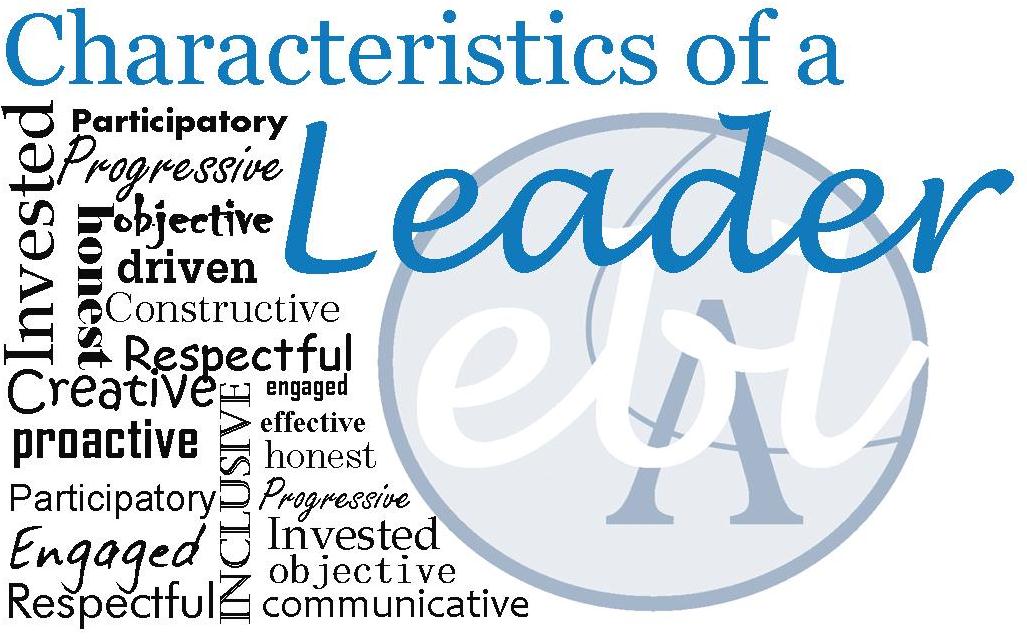Four Elements or Characteristics of the State are as folllows: 1. Population, 2. Territory (Physical basis of the State), 3. Government, 4. Sovereignty
1. Population:
The primary requirement for the existence of the State is population. The State, being a human institution, cannot be conceived of without people. But how many people should constitute the State? The question is only of theoretical interests, though some political philosophers have tried to lay down some standard rules as to the number of people required to form a State.
ADVERTISEMENTS:
Plato said that an ideal State should have 5,000 citizens. Rousseau opined that an ideal State should have a population 10,000. He thought that a small State is proportionately stronger than a large one.”
Aristotle avoided this mathematical precision and said that the population of a State should be neither too small nor too large. Today, there are States with population varying from a few thousands, as in Monaco, to nearly hundred crores as in China. Hence it is impossible to have a fixed quantum of population.
2. Territory:
The State cannot be formed without a definite and fixed territory. Nomads or wandering tribes who have no permanent residence do not form a State. Even civilized people like the Jews did not posses a State till the formation of Israel in 1948. They were scattered all over the world.
As in the case of population, no limit is fixed for the territory of a State. There is no hard and fast rule regarding the size of population or territory. The modern States differ considerably in their sizes.
ADVERTISEMENTS:
For example San Marino has an area of nearly fifty-fifty square kilometers only, while India has a territory measuring nearly 3.28 million square kilometers. In modern age, territory also includes water, river, sea, forest, mountain and air. The modern tendency is in factor of big State.
3 . Government :
Government is said to be the brain of the State. For the existence of the State, government is indispensable and vital. We cannot constitute the State in the absence of the government. Government is the political organization through which the general will of the people is formulated, expressed and executed.
As a matter of fact, the State operates through the governmental agency. According to Garner, government is “the agency or machinery through which common policies are determined and by which common affairs are regulated and common interests promoted.”
It is the agency through which society is politically organised. In the absence of the government, there will be anarchy. The government functions through its three organs, i.e., the legislature, the executive and the judiciary. The executive rules over the country and executes .the laws. The legislature makes the laws.
ADVERTISEMENTS:
No particular type of government can be considered essential. It varies in kind and complexity from the State to the State. Democracy is popular in India, Japan, England, America, Canada, and France. The dictatorship of the Communist Party is found in China and Cuba. Monarchy is found in Nepal. Government may be classified as parliamentary or presidential and unitary or federal.
4. Sovereignty :
The last essential constituent of the State is sovereignty which is regarded as the life and soul of the State. There can be no State without sovereignty. The term sovereignty has been derived from the Latin word “Superanus” which means “Supreme”. Sovereignty, therefore, is the supreme power.
It is this power which differentiates the State from all other associations. The State should be supreme in the internal and external matters. Sovereignty of the State is expressed through the government which rules supreme in internal and external spheres. Viewed internally, it means that the State is legally independent of foreign domination.
According to Professor Willoughby, the necessity of the essential elements other than the four dealt above, depends upon the people. If the people are not willing to obey the commands of the State, it cannot become a State, although it has all the four essential characteristics. Every State must have its population, a fixed territory, a duly established government and its sovereignty. In the absence of any of these characteristics, it fails to claim the status of the Statehood.

